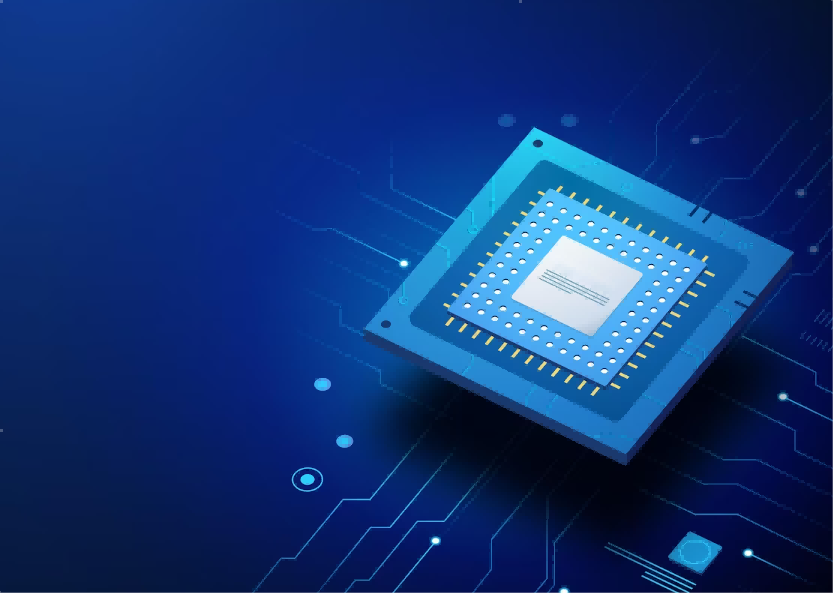 Trade Trends News
Trade Trends News
 24-07-2023
24-07-2023

Japan added advanced semiconductor manufacturing equipment to its export
control list on Sunday, a move that aligns Tokyo with U.S. measures aimed at
preventing chip technology from falling into Chinese hands.
Twenty-three new items were added to the list, including equipment needed to form circuit patterns and test chips.
Industry watchers said it would make it more difficult for China to import high-tech chip-making tools and was expected to draw a response from Beijing.
Yoshiaki Takayama, a researcher at the Japan Institute of International Affairs, said, "There is little hope for China to produce cutting-edge semiconductor devices, at least in the short to medium term."
The new additions include equipment related to EUV (extreme ultraviolet) lithography, a process that traces complex circuit patterns in the world's most advanced chips.
Japan's move to limit access to chip-making tools comes after the U.S. tightened controls on Chinese exports in October with an eye toward chips for supercomputers and artificial intelligence that have potential military applications.
The U.S. had called on Japan and the Netherlands, the world's two largest suppliers of semiconductor manufacturing equipment, to take similar measures. The new Dutch restrictions will take effect in September.
Dutch manufacturer ASML controls the EUV lithography market, while Japan has leading chip industry suppliers such as Tokyo Electron and Screen Holdings.
Japan is China's largest source of semiconductor manufacturing equipment, according to the International Trade Center, and will account for about a third of China's imports in this sector by value by 2022.
Export controls will increase reporting requirements for suppliers to Japan's Ministry of Economy, Trade and Industry (METI). 42 countries and territories allow for a simpler application process.
While Japanese suppliers face constraints at the high end of the market, there are growth opportunities for Japanese suppliers in China in areas beyond the industry frontier. Exports of equipment for manufacturing used chips remain strong. In response to U.S. restrictions, China has increased production of these chips.
More worrisome for Japan is how Beijing will respond to export controls. China said in May it would ban chips made by U.S.-based Micron Technology Inc. from being used in critical infrastructure, a move widely seen as retaliation against Washington. Starting in August, China will require export licenses for gallium and germanium compounds used in the semiconductor and electronics industries.
Gallium nitride semiconductor materials are Japan's strength, and Japan may have to look outside China for supplies. China has also hinted at a further response.
>>>Click to Check More Import And Export Information from Tendata<<<
Category
Leave Message for Demo Request or Questions


 T-info
T-info T-discovery
T-discovery

 My
Tendata
My
Tendata Market Analysis
Market Analysis Customer
Development
Customer
Development Competitor
Monitoring
Competitor
Monitoring Customer Relationship
Customer Relationship





































































































































